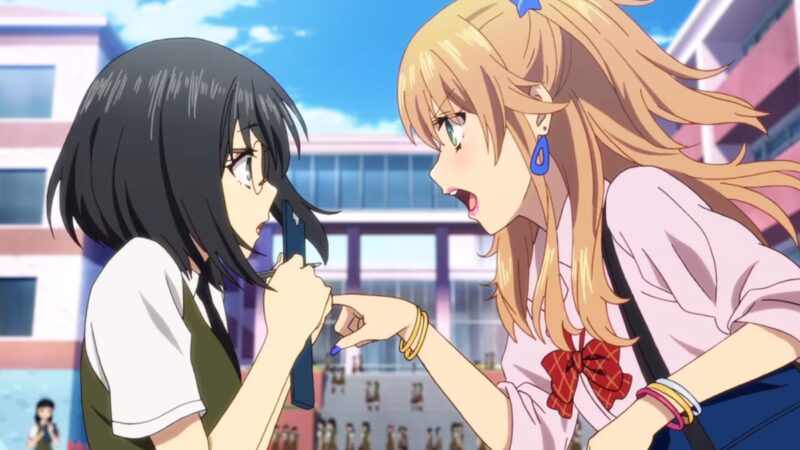 The other day I stumbled across various YouTube videos of people who felt like they were “becoming Japanese” because of their increasing love for sushi, anime, manga, and “other things Japanese.” At first, I thought it was just attention grabbing, but as I dug deeper, many weeaboo of all different ages seemed to follow this line of thought. The feeling of becoming Japanese strikes me as strange. Sure, it is possible for a Westerner to “become” Japanese; that is, to be nationalized and embrace the culture. But it takes years of cultural absorption for anyone to become Japanese or American or British in the same sense someone born to the culture is.
The other day I stumbled across various YouTube videos of people who felt like they were “becoming Japanese” because of their increasing love for sushi, anime, manga, and “other things Japanese.” At first, I thought it was just attention grabbing, but as I dug deeper, many weeaboo of all different ages seemed to follow this line of thought. The feeling of becoming Japanese strikes me as strange. Sure, it is possible for a Westerner to “become” Japanese; that is, to be nationalized and embrace the culture. But it takes years of cultural absorption for anyone to become Japanese or American or British in the same sense someone born to the culture is.
Childhood is the formative period of cultural understanding, where we pick up the culture’s way of thinking and viewing the world. Yes, we can expand our thinking to encompass other cultural views. But, using myself as an example, a part of me will always be Christian American even if I lived in Scotland or Japan for the rest of my life. I was born and grew up in the States, absorbing the American worldview. Worldviews determine how we think and what we think about. If you grow up in many countries, you will develop a more variable perspective. Some readers of JP pointed out how their cultural worldviews act like clothing to change as needed. That view is their worldview.
Anime, sushi, manga, and other surface aspects of Japanese culture are not the entirety of Japanese culture. All cultures run deeper than what they show and export to the world. To equate Japanese culture with just a few media exports insults the culture you idealize. But these weeaboo (I lack a better term) are making steps toward expanding their worldviews. When they state “I think I’m becoming Japanese,” they are expressing the idea that their worldview is expanding. “Becoming Japanese” suggests they begin to understand their native worldview isn’t the only one and how Japanese ideas–what anime conveys, anyway–enriches their perceptive. Many people don’t see a need to expand their worldviews; they are comfortable with their certainty. So in this regard, young weeaboo and otaku are benefiting themselves. Atrophied, narrow worldviews cause problems such as racism and classism; whereas, conscious effort to understand the worldviews of others helps provide solutions to such problems.
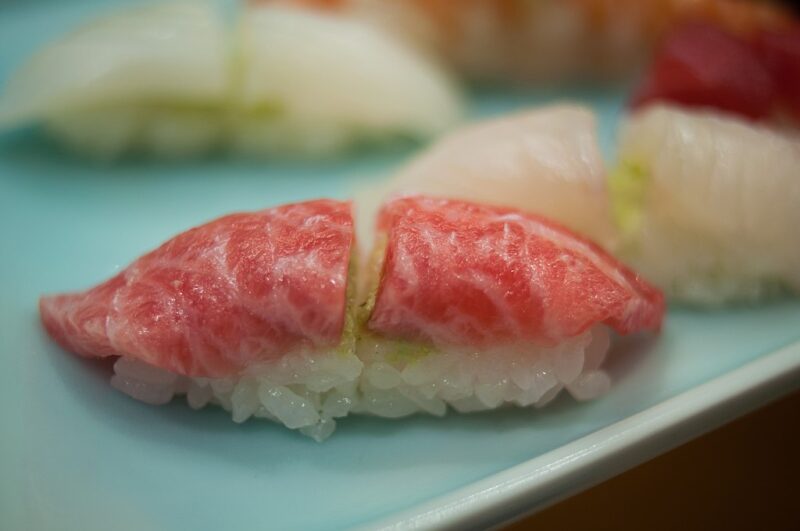
The key is conscious effort. Passively watching anime won’t expand your worldview by much. Anime is entertainment. Yes, it is a part of Japanese culture and introduces viewers to folklore, language, and literature. But you can only absorb so much through watching. If you are a long time reader, you’ve seen me use anime as a springboard to go deeper into history and culture, such as Naruto‘s links to Confucianism. Expanding a worldview requires conscious effort to seek information and viewpoints from other cultures. It requires study and humility. You have to admit that you don’t know or understand. Like most people, I struggle with admitting that I don’t know something. It makes me feel stupid, and I grew up with the idea that my intelligence was my best asset. Admitting I don’t know undermines this idea and threatens my ego. It’s uncomfortable to not know and to be wrong in what I do know. I look foolish. The combination makes it hard for many people to expand their worldview. I enjoy speaking with people from Japan, China, and other countries and political persuasions. But these conversations can be challenging, challenging for my worldview and challenging for my ego and challenging for what I think I understand. A lifelong learner needs to get used to feeling and looking foolish.
“Becoming Japanese” requires you to study the language, the literature, the customs, the cultural strengths, the cultural weaknesses, the history, and everything else. Watching anime and liking sushi doesn’t make you Japanese any more than watching Hollywood films and liking hamburgers makes you American. You can come to understand some customs and values of the United States through Hollywood films. However, films tend to ignore the values of conservative, rural America, or get them wrong. Hollywood doesn’t portray American history accurately, either over-glorifying or over-villainizing American history. Hollywood doesn’t touch on the depth of literature published each year in the US. Likewise, while manga is vast, it isn’t the only form of Japanese literature. Japan publishes all sorts of novels, nonfiction, and other literary works. Americans don’t eat hamburgers as often as many may think.
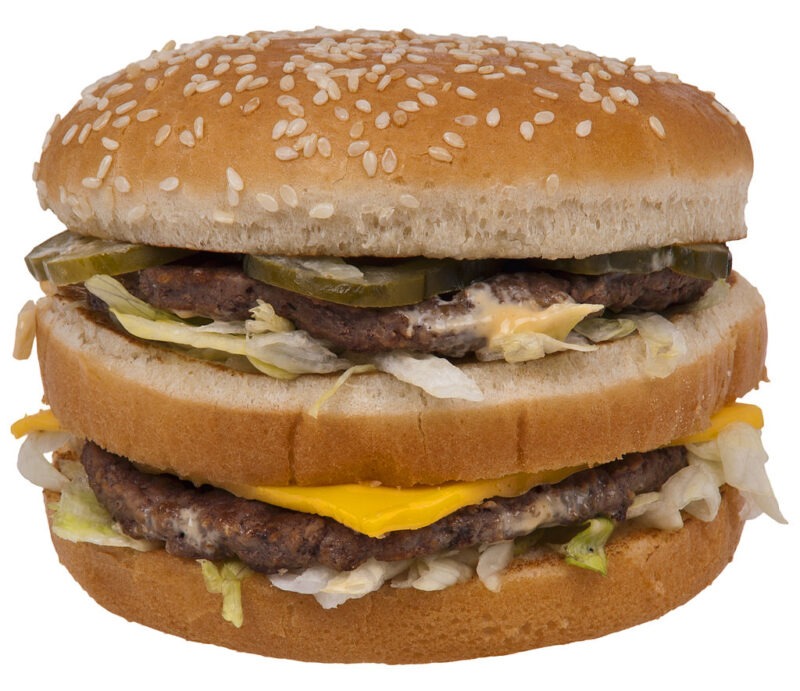
To reduce any culture to a few of its exports insults that culture and contributes to a narrow-minded view of that culture. The dialogue of the US toward China as a source of crappy products, illnesses, Communism, and devices that threaten privacy reduces China’s long, complex history into a few over-simplified points. No culture is all-good or all-bad, and all cultures are more complex than their outputs reveal. For those who want to or feel as if they are “becoming Japanese,” I suggest you study Japanese actions toward the Chinese during World War II (I recommend Yuki Tanaka’s book Hidden Horrors: Japanese War Crimes in World War II) and go read The Tale of Genji and The Pillow Book and Dogen’s writings. From there, read about Neoconfucianism and Japanese history and Shinto (and not on Wikipedia, from actual books) and then go read modern Japanese authors like Haruki Murakami. This will help you get started in understanding the culture behind anime. You may well decide you aren’t really “becoming Japanese” after doing all this, but your worldview will expand. To become Japanese, American, Chinese, French, or whatever culture, you have to understand the culture and your own limitations as a non-native. Hollywood films and hamburgers are not America. The CCP, dragons and The Journey to the West are not China. Anime are not Japan. They are all just small parts of the culture.
Whenever you’ve encountered an idea that challenged your worldview, how did you feel? What was the idea that challenged your view of how things work?
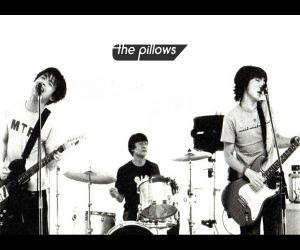
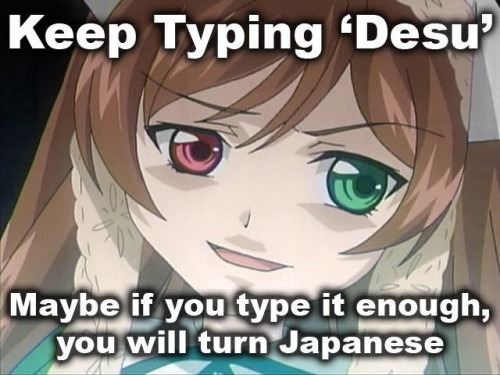
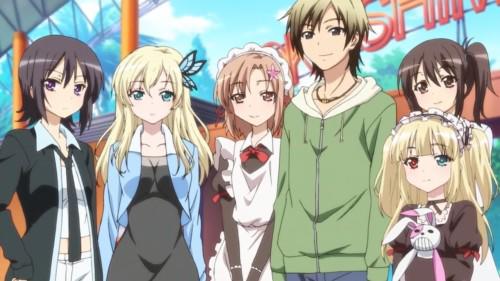
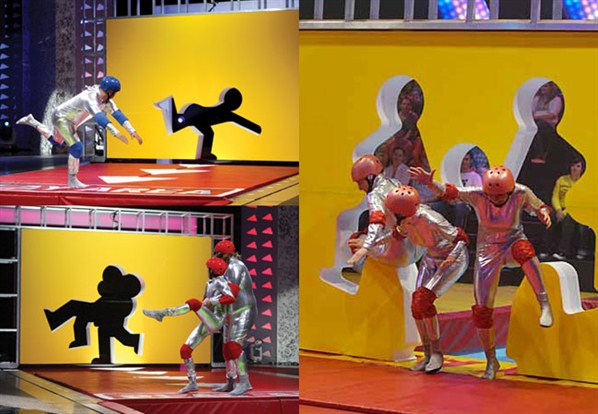
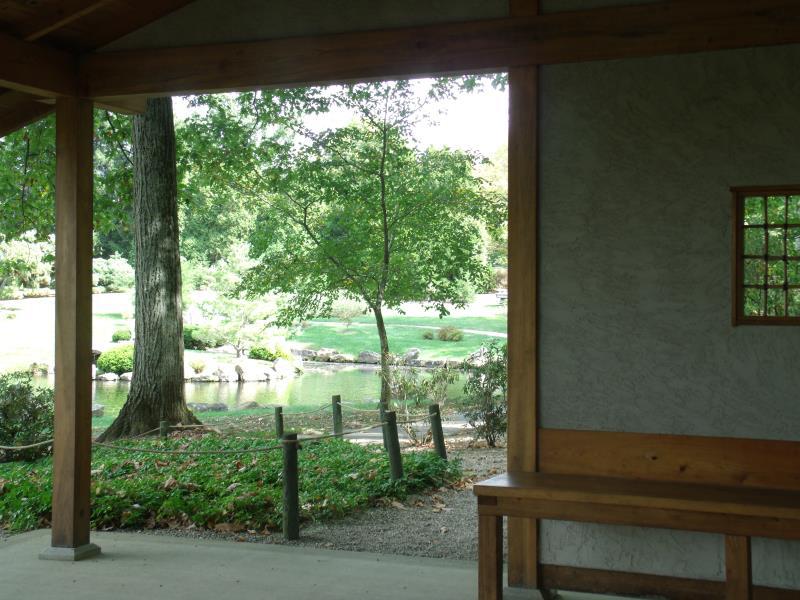
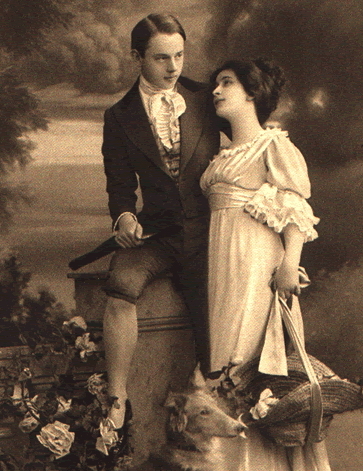
I found this to be a well written article, and an unique topic that I rarely find often discussed. So I wanted to offer my own point of view on this topic.
My mother is a Japanese American, but having grown up. I wasn’t able to understand my mothers family side, or who they were or their history, and the Japanese language wasn’t pass down to me. My neighborhood was very Caucasian, so there was no Asian American community nearby my hometown. Let alone Japanese American communities. My grandparents and mother come from the 60s, which was after WWII Internment Camps. Their feelings were to be as American as possible, and get rid of anything Japanese related to just be as acceptably American as possible. So I never really had these experiences of going to the Obon Festival, the Tanabata Festival, wearing a summer kimono, or engaging with a Japanese American community.
So my lifestyle from elementary school to high school was very American, and since half my ancestry comes from my Irish father, I was often perceived as white. Despite this, I had a great, peaceful childhood with wonderful friends and memories.
I don’t blame my mother or my grandparents for being seldom about our family history or Japanese culture as it was viewed as a disgrace to be Japanese during those times, unlike today where its often idolized for the popular material culture the country produces. What this meant though was that I had to figure out for myself what being Japanese is.
The reason why I mention this is because this was around the time that Japanese Cartoons, Comic books, and Video games were becoming very popular in the mid 2000s, and most peoples ideas and opinions on Japan comes from these things. To me, I think it makes sense as its part of the mainstream media and it reaches out to a lot of people with it’s own appeal and artistic storytelling.
Yet when I took a look at the newfound admiration towards Japanese pop culture, I was a bit perplexed by it. “Is this what being Japanese is?” “Eating instant noodles daily, watching cartoons and reading comic books everyday, and talking in a high pitch squeaky voice that people in real life act like?”. I am a Nintendo kid, and enjoy watching Japanese anime and reading manga, but I don’t have a massive wall of comic books in my bedroom nor a encyclopedic knowledge about small details about Tokyo from watching anime.
Yet that seemed to be the idea. That idea seems to permeate amongst peoples perception about Japan or Tokyo. So much so that when I come by to Japan town in California, I can sometimes see people wearing cosplay of characters from their manga and stroll around the shops and districts as if that’s what being Japanese is. To me, I just find that fascinating.
I do want to be clear that I know most people’s exposure to Japan is often through cartoons, comic books, videos games and even YouTube videos, and for some that may just be the only things they really care about. If it makes you really happy, to learn something about a country or culture, to express yourself or your personality, or to engage with communities, and even inspire you to look deeper in studies and subject matters, maybe even learn the language and move to Japan and start a family. Then I think that’s great. I don’t think there’s anything wrong with that, nor do I believe in shaming people for liking the things they do.
It is important to remember that being really, really, really super into cartoons, comic books, and video games is considered a niche activity in Japan, and it is broadly viewed as weird to the general public. Now you can make some great friends and experiences through that and using it as a vehicle to explore even further, but I often remind people to come to understand the Japanese and Japanese Americans as people, and not as manga characters. If it makes you happy to be interested or engaged, then I think that’s great. Just remember to know when to reel it in.
Thank you for sharing your experience! I hope you will be able to connect to your Japanese and Irish heritage. You make excellent points with your comment, especially the need to understand people as people and not through a media lens.
Hi Chris, you’re welcome. Thank you again for your piece and responding to my comment.
During my youth, I gotten to know my irish family very well. So I can say that I am proudly connect with my fathers family. Since my environment was primarily Caucasian, there wasn’t any asian american community, let along Japanese American Community. Because of this, I thought I could offer my point of view as someone who does come from a Japanese ancestory background, who had very little exposure to the community because of historic circumstances and from somebody who isn’t really super into Japanese Anime or Manga.
To me, it makes sense that most peoples interest towards Japan comes from the country’s pop culture, as it’s become mainstream and reaches out to a lot of people. For much of them, that is where most of their interests lie. I don’t imagine they watch the NHK News or read the Japan Times. Not that they don’t like it, rather its not within their radar of interest. But as stated before, if it makes you really happy, then there is no shame in loving it.
I would imagine in a few years, there will be an increase interest in South Korea culture because of the rising popularity of KPOP music, Korean drama films, and idol culture. I also imagine that a similar subject matter of equating it to Korean culture would also come up as well, and my opinion is still the same. If it makes you happy, then that’s great. It’s just important to remember that we’re engaging people as people and not as fictional characters from the media that we really like.
I’ve noticed Korean pop culture blossoming in popularity. So far, it appears to be more acceptable an interest than Japanese culture. I suspect this is because socially-ostracized people haven’t latched onto it yet. It’s interesting how Japanese culture was considered a scholarly pursuit in the West up until around the 1970s when anime blossomed into an outlet for those who don’t fit inside society. I suspect interest in Korean culture will follow a similar pattern in the general public’s view.
Good post. I’ve been living in Japan for a few years now, and I tell people outside the same thing, that anime is not really Japanese culture. Of course they find it hard to believe. Anime in Japan is treated like the vending machines you see around in public. It’s around if you want to consume it, but it’s not really a topic of conversation and it isn’t going to help you make friends. If you live here long enough, you find that anime is just images. It’s an entertainment and nothing more.
I never discuss anime with my Japanese friends. None of them watch it, nor do any of them have an academic interest in it as I do. Whenever I tell the library’s hardcore anime fans are dumbfounded when I tell them this. The problem is how singular an interest in anime can become.
Thanks for your comment. Indeed, many Japanese find it strange, and some dislike it even, when foreigners say that get interested in their country because of anime. It is understood and distinguished here that what the anime industry produces is not reality and is not representative of what Japan is. It is just one of many modern industries that exist in society. If people really want to understand mainstream pop culture in Japan, encompassing anime anyway, then it is Disney that is the top dog by far.
The interest in Disney struck me as interesting, especially the interest in older properties we in the US had long forgotten. Mickey Mouse has lost his prominence in childhood a long time ago, yet he booms in popularity in Japan as far as I’ve seen.
Another great post. I have thought about this a few times before. I think that anime does hold a small grain of accuracy regarding Japanese culture, which can be seen in various series revolving around Japanese religion, culture, school, etc. However, the amount is very small and Japanese culture is very vast. Anime probably doesn’t even take up 4% of the culture.
Some anime provide better insights than others. Inuyasha, for example, does a good job at introducing Japanese and Chinese folklore. Samurai Champloo hints at many different historical figures and events during the Edo period. But unless you know where to look, you may not see these hints. Francis Xavier, for example, lived more than a century before events of Champloo.
You really hit the nail on the head with this one, and I couldn’t agree more. To be honest anime is what inspired me to actually travel to Japan and I quickly found the non anime stuff to be a lot more interesting than the anime stuff. I also liked how you talked about it in terms of expanding your worldview.
To answer your last question I think the biggest challenge to my worldview was when I went to teach in Mongolia for three years. It was a real eye opener into just how different and yet similar people around the world can be.
Anime and manga is good about opening the door. K-drama is too for that matter!
This post has knocked my head like a hammer full of wisdom. For so many time I’ve been watching anime and thinking that I know something about Japanese culture, but the fact is that I don’t know anything.
I’m living in Brazil, so the cultural differences are great to a point that looks like Japan is another world, maybe that’s the reason we fetiche it so much.
Thanks for allowing me to get better with this reflexion. Wish you the best.
After you look deeper into Japanese culture, history, and folklore, you will see more depth in anime and get more of the subtle things you didn’t see before.
I will definitely do that. Just bought 3 books about Japan and Pop Culture and starting to look at anime from a completely new point of view.
If you enjoy podcasts, I recommend The History of Japan by Isaac Meyer. He gets deep into the weeds of Japanese history; it is a well-research listen.